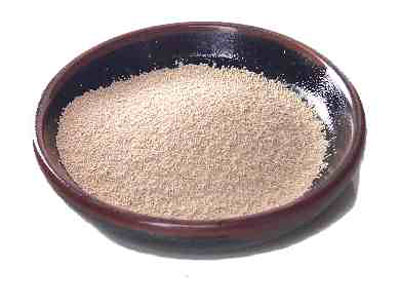It turns out that yeast can be successfully used to stop or slow down the process of human aging.

It has been established by the team of the researchers from John Hopkins University and National Taiwan University that unicellular organisms of yeast contain a special protein that is responsible for their age-related changes. When its activity was artificially suppressed, the organisms were growing old more quickly, and the term of their life expectancy reduced. Conversely, when the function of the protein recovered, aging took place more slowly.
According to one of the leading authors of the study, Professor Geoff Buck, he and his colleagues have managed, perhaps for the first time, to discover the way to preserve youth longer at the molecular biochemical level, and it has nothing to do with diet. If to dwell upon this issue in detail, the effect is based on the process called acetylation, or addition of acetyl to the existing molecules. It is noteworthy that later they can also be divided.
Acetylation can radically change the function of the protein that allows the body to quickly adapt to the changing environment. So it is this process that allowed to increase the life expectancy of yeast organisms up to 50%. The experts believe that such phenomena occur in mammalian cells as well, and after a more careful study, it will be possible to take them under control and finally discover the secret of eternal youth, which has been intriguing the mankind for such a long time.









